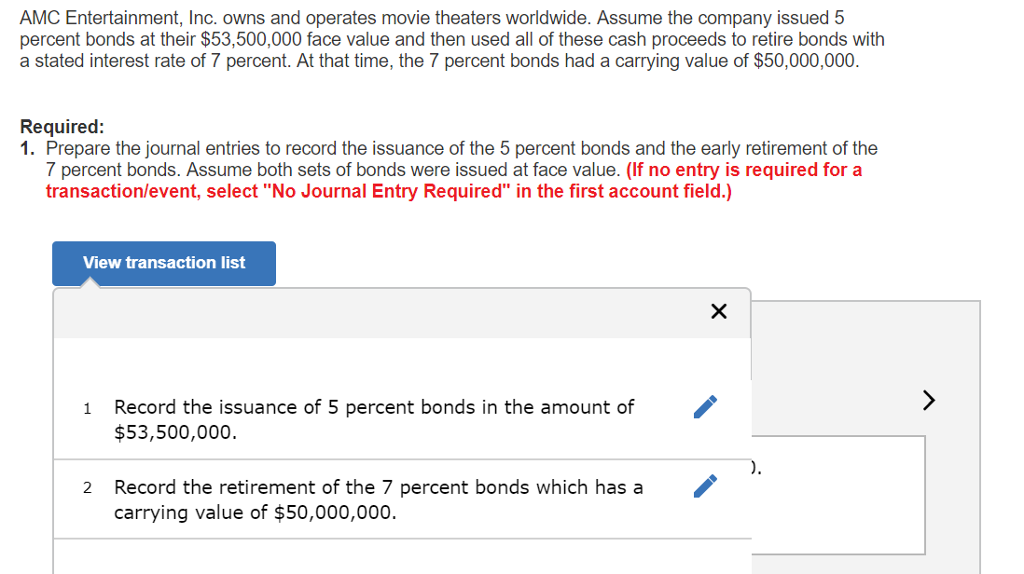Understanding Your Rights: Can Bounty Hunters Legally Enter Your Home?
Introduction: Your Rights and Bounty Hunters
When someone is released on bail, a contract is formed that affects their legal rights and those of the people around them. One of the most pressing questions for homeowners is whether a bounty hunter can legally enter their home in pursuit of a fugitive. The answer is complex and varies significantly by state, by the terms of the bail agreement, and by the circumstances of entry. Understanding your rights and the legal limitations of bounty hunters is critical to protecting your privacy and ensuring lawful conduct during any encounter.
What Are Bounty Hunters and What Authority Do They Have?
Bounty hunters, also known as bail enforcement agents, are private individuals hired by bail bondsmen to locate and apprehend individuals who have skipped bail or failed to appear in court. Their authority is based on the bail contract, not on police powers, and is subject to significant legal limitations [1] . In most states, bounty hunters are licensed, and their activities are regulated by state law. However, the extent of their authority can vary widely depending on local statutes and the specific circumstances of the case.
Can Bounty Hunters Enter Your Home?
The core issue is whether bounty hunters can lawfully enter your home, and the answer depends on several key factors:
- Bounty hunters may enter the home of the fugitive (the person who signed the bail agreement) without a warrant if they have reasonable belief that the fugitive is inside, and if the bail contract explicitly permits such entry [1] . This is because, by accepting bail, the fugitive has surrendered some privacy rights as part of their agreement for pretrial release [3] .
- Bounty hunters cannot lawfully enter the homes of third parties (such as friends or relatives) without consent, even if they believe the fugitive is inside [3] . These third parties have not surrendered their privacy rights, and unauthorized entry may constitute trespass or other legal violations [4] .
- State laws vary considerably . Some states, like Texas, require bounty hunters to have occupant permission to enter any residence-even that of the fugitive [3] . In a handful of states (Oregon, Wisconsin, Illinois, Kentucky), bounty hunting is not allowed at all [1] .
- Without consent or a valid warrant, entry is generally illegal . If a bounty hunter enters your home without your permission and without a court order, they may be in violation of the law [4] .
Example: Bail Agreement and Entry
If a defendant named John Doe is released on bail and then fails to appear in court, the bail bondsman may hire a bounty hunter to locate him. If John Doe is suspected to be in his own home, the bounty hunter may have authority to enter the home, depending on the bail agreement and state law. However, if John is hiding at a friend’s house, the bounty hunter typically cannot lawfully enter that friend’s home without express consent.
Your Rights as a Homeowner
As a homeowner or renter, you have rights that protect you from unlawful entry, even by bail agents or bounty hunters. Here are key points you should know:
- You are not required to allow a bounty hunter into your home unless you are the fugitive and the bail agreement specifically permits it [2] .
- You have the right to ask for identification and proof of the bounty hunter’s authority . Bounty hunters are generally required to carry documentation (such as a bail bond agreement or “bail piece”) that shows their authority to apprehend the fugitive [2] .
- You can refuse entry . If a bounty hunter is attempting to enter your home and you are not the person named in the bail agreement, you can lawfully refuse them entry. If they attempt to enter without your consent, this may be a criminal trespass.
- You can request that law enforcement be present if you feel threatened or intimidated by a bounty hunter at your home. Explain the situation to the responding officer and provide any documentation you have regarding your residence and relationship (or lack thereof) to the fugitive.
Example: Third-Party Homeowner
Suppose Jane Smith is approached at her home by a bounty hunter looking for her nephew. Jane has not signed any bail agreement and is not under any legal obligation to allow the bounty hunter entry. She can lawfully refuse to let them in and, if necessary, call the police if the bounty hunter attempts to force entry.
Legal Limitations and Potential Abuse
While bounty hunters have certain powers, they are strictly limited by law:
- Reasonable force may be used only to detain the fugitive, and excessive force or harm to bystanders is prohibited [2] .
- Bounty hunters are not law enforcement officers and cannot conduct searches, seizures, or arrests of individuals not named in the bail agreement [5] .
- Operating without proper documentation is illegal , and actions taken without necessary paperwork may be invalid [2] .
If you believe a bounty hunter has violated your rights, you should document the incident in detail and consider consulting an attorney familiar with bail enforcement law in your state. State bar associations and legal aid organizations can help you find qualified legal representation. You may also search for “bail enforcement attorney” in your area using your preferred search engine or contact your local bar association for assistance.
Step-by-Step Guidance: What to Do If Confronted by a Bounty Hunter
- Remain calm and do not open your door immediately. Ask for identification and the purpose of their visit through a closed door, if possible.
- Request to see their documentation , including proof that they are seeking a specific individual and their authority to act as a bounty hunter.
- If you are not the fugitive named in the documentation, state clearly that you do not consent to entry. If they persist, inform them you will call law enforcement.
- If you are threatened or feel unsafe, contact your local police department immediately. Provide them with the details and ask for an officer to respond to the scene.
- Document the encounter -time, date, names, and any actions taken by the bounty hunter. This information may be useful if you need to file a complaint or seek legal counsel.
Challenges and Alternative Approaches
One of the greatest challenges for homeowners is the intimidation or misinformation that may accompany a bounty hunter’s approach. Some individuals have reported being threatened with arrest or harm to their property or pets [5] . If you feel threatened, always prioritize your safety and seek assistance from local law enforcement.
If you are unsure of your rights or the legitimacy of a bounty hunter’s actions, you can:

Source: pixabay.com
- Contact your local police department for immediate help.
- Consult with a licensed attorney who specializes in criminal defense or bail law.
- Reach out to your state’s consumer protection office or bar association for resources and referrals.
Key Takeaways
Bounty hunters have limited authority to enter homes and apprehend fugitives. Their ability to enter your home depends on the bail agreement, state law, and your consent. Homeowners who are not parties to a bail agreement have strong rights against unauthorized entry. If you ever find yourself in this situation, remember to remain calm, request identification, refuse entry if appropriate, and seek legal or law enforcement assistance if necessary.

Source: dreamstime.com
References
- [1] Lord, Kobrin, Alvarez & Fattell (2025). Can Bounty Hunters Enter Your Home? Know Your Legal Rights.
- [2] Cantu Law Firm (2025). Are Bounty Hunters Legal? Here’s What You Should Know.
- [3] Half Down Bail Bonding (2025). Can a Bounty Hunter Enter Your House Without a Warrant?
- [4] Justia Ask A Lawyer (2024). So what exactly is the law concerning bail agents and entering your home?
- [5] Justia Ask A Lawyer (2024). Can a bounty hunter looking for my son enter my home without my permission?
MORE FROM couponnic.com













